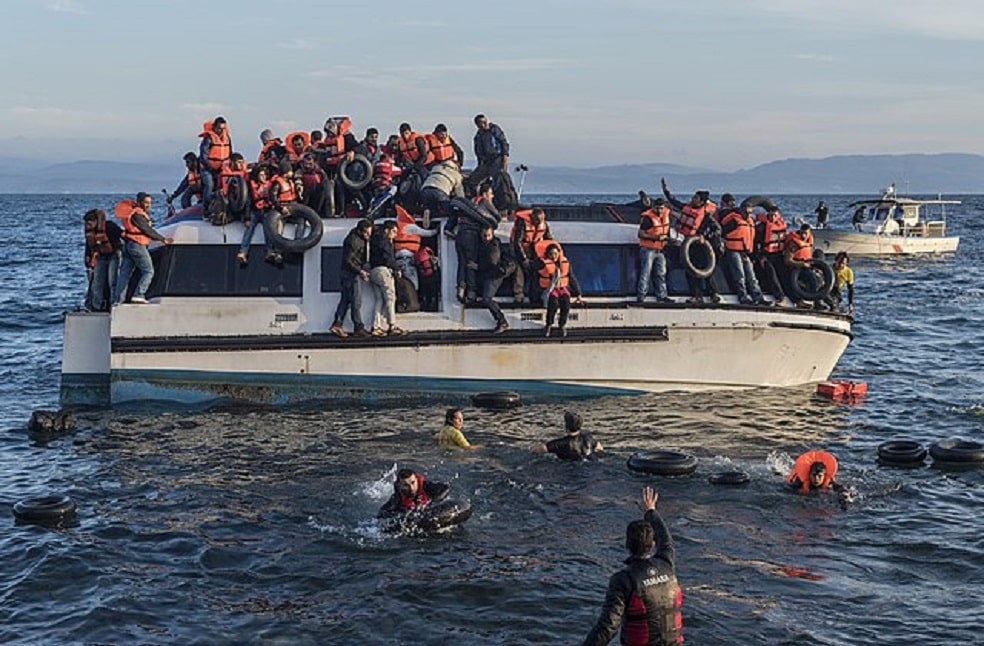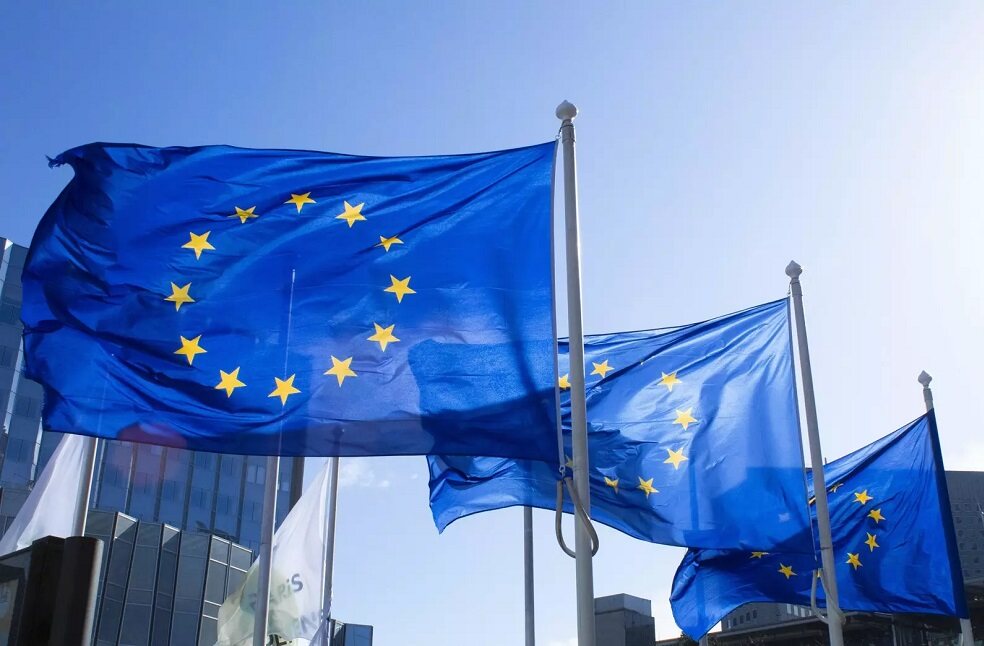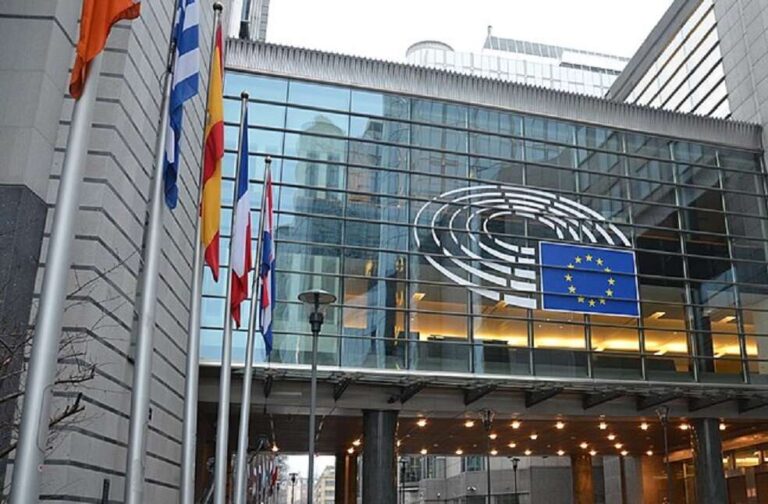Luxembourg: The European Union (EU) has agreed to radical reforms of its migration and asylum laws, including charges of €20,000 (£17,200) per head for member countries that refuse to host refugees.
After almost 12 hours of intense negotiations in Luxembourg and years of fighting, interior ministers struck a deal on what they described as a “historical” new approach to what one politician described as an often “toxic topic.”
Ms. Maria Malmer Stenergard, who was part of the Swedish lead negotiating team, stated that “I didn’t really believe I would be sitting here saying this. But we have adopted general approaches on the asylum and migration management regulation and the asylum procedure regulation.”

In a last-minute compromise, it was decided that individual member states, rather than the entire European Union, would have the authority to determine which countries are considered “safe” for migrants who are denied asylum.
According to diplomats, countries will be required to establish a “connection” between the migrant and the country they are being transferred to. However, the specific definition of this connection will be left up to each member state.
This arrangement provides flexibility to each country, allowing them to decide whether they can return migrants to third countries that may not be universally recognised as safe havens by all EU nations.
Italy’s interior minister, Matteo Piantedosi, commented that “today is a day where something is beginning. We are not arriving; we are setting off.”

Bulgaria, Lithuania, Malta, and Slovakia abstained from voting for the deal, while Hungary and Poland indicated that they would not support it.
Germany, Ireland, Luxembourg, and Portugal said they would continue to campaign for changes in the full legislation to exclude children and unaccompanied minors from the new rules.
Ms. Nancy Faeser, Germany’s home minister, remarked that “this was not an easy decision for all of us around the table, but it was historic.”
The Dutch government hailed it as an “important step”, while the Austrians said it was “a step forward”, but urged their counterparts to continue the effort to stamp out the tragedy in the Mediterranean. More than 2,000 people suffocated or drowned attempting to cross last year.



